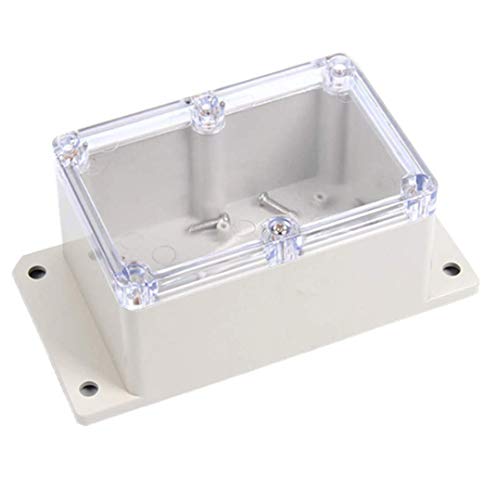Hi All,
There IS NO SUCH THING AS A POWER SURGE...
Discounting things like your house being struck by lighteningThe only way that the supply voltage can experience a surge is a loss of the supply neutral, [thus causing the phase voltages to wander all over the place due to unbalanced loads on the network] or a serious fault back at the substation feeding your house.
Given that every third house in your street is on the same phase as you, did one in three people come running out shouting that their computers [etc etc] had just blown up?? I think not....
Just county court them. Did they supply fitting instructions??? If not, this is a breach of the sale of goods act in itself, unless they supplied written instructions that this item was only to be installed by an electrician, but, it would still probably be a breach of said act anyway.
Only problem now is, you have given them the PSU back, and when you go to court they will have "lost" it on purpose so you cannot have an expert witness take it to bits to find the cause of the fault.
Were these PSU's CE marked and made to comply with a British standard?? If not that is yet more trouble they are in......
john...
There IS NO SUCH THING AS A POWER SURGE...
Discounting things like your house being struck by lighteningThe only way that the supply voltage can experience a surge is a loss of the supply neutral, [thus causing the phase voltages to wander all over the place due to unbalanced loads on the network] or a serious fault back at the substation feeding your house.
Given that every third house in your street is on the same phase as you, did one in three people come running out shouting that their computers [etc etc] had just blown up?? I think not....
Just county court them. Did they supply fitting instructions??? If not, this is a breach of the sale of goods act in itself, unless they supplied written instructions that this item was only to be installed by an electrician, but, it would still probably be a breach of said act anyway.
Only problem now is, you have given them the PSU back, and when you go to court they will have "lost" it on purpose so you cannot have an expert witness take it to bits to find the cause of the fault.
Were these PSU's CE marked and made to comply with a British standard?? If not that is yet more trouble they are in......
john...































































